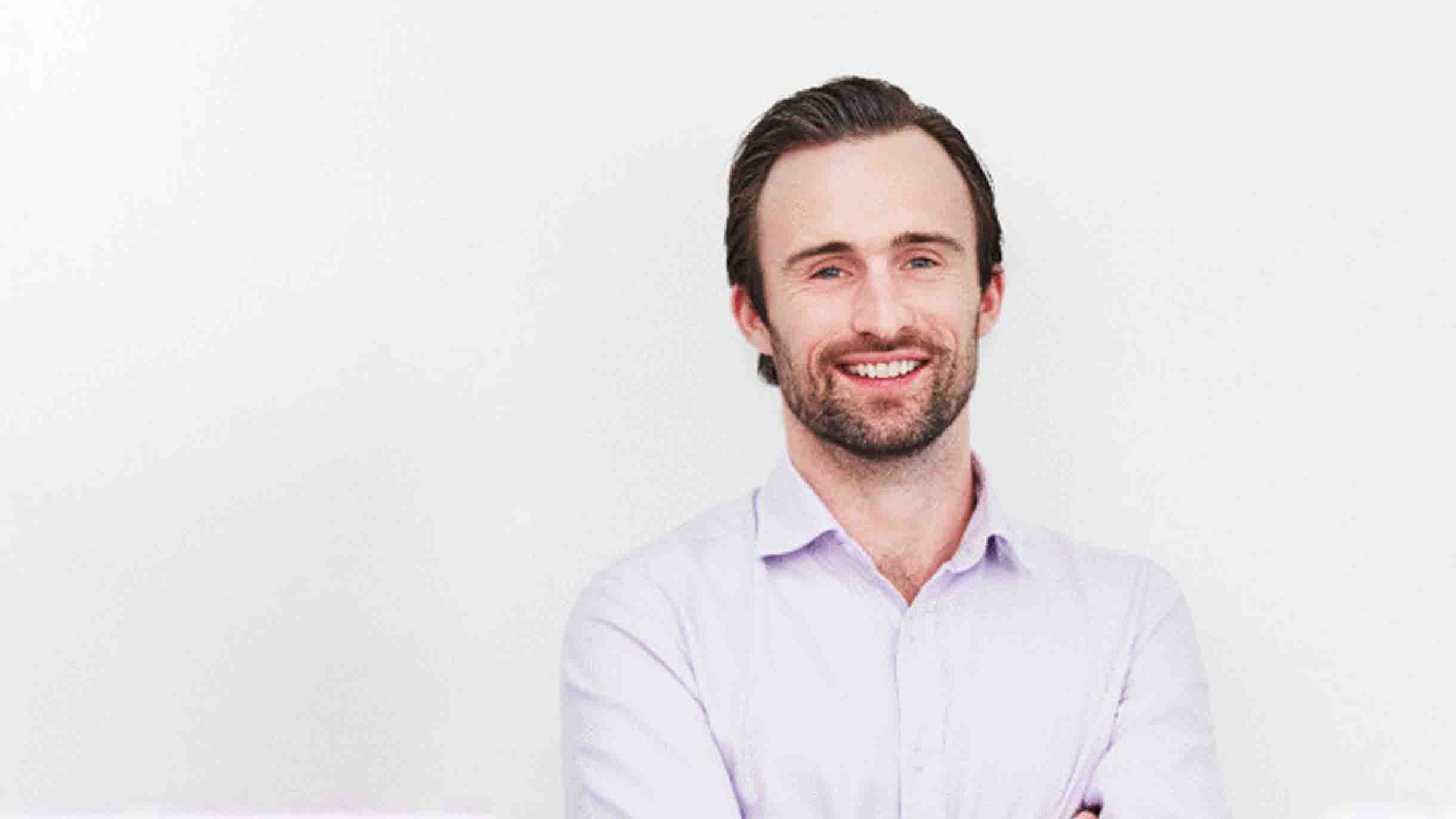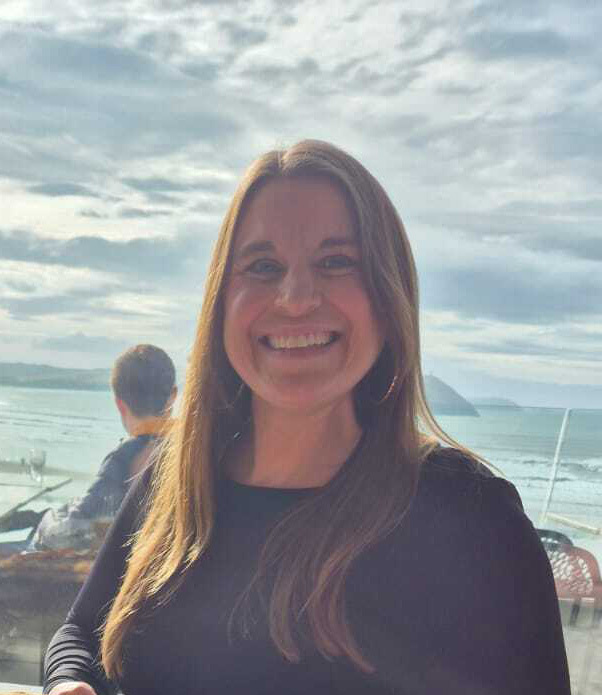Paul’s story demonstrates that perseverance, grit and attitude are the most important ingredients for success. Grab a cuppa and join us as we learn more about Seccl’s enigmatic – and pragmatic – head of product…
School, college, university, job. That’s the way into a career, right?
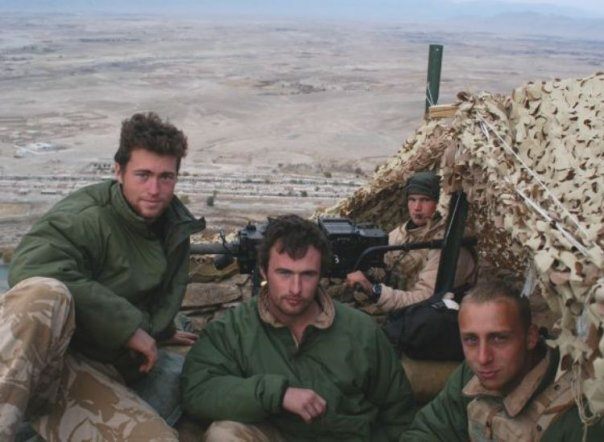
Paul started out in the Marines where, among other things, he perfected his blue steel
Maybe. But mine was a different pathway. I left school at 16 and decided not to pursue academia. Instead, I enlisted with the Royal Marines, where I stayed for six years. It was a real adventure and a hugely challenging time. But it helped to build me as a person and shape who I am today.
I was still young when I left the Marines to restart my career. I was faced with a new world and knew I needed to upskill, so I went to university, doing a couple of A-levels in my spare time (while doing odd jobs to keep myself fed!)
I went to the University of Southampton and studied maths, which I really enjoyed. I fully intended to pursue further study, and had my eyes set on a PhD, but I was offered a job with Bank of America Merrill Lynch (BoA) that was just too good an opportunity to turn down. And I’m glad I didn’t; I had a whale of a time while working very, very hard.
While at BoA I worked in market risk, in particular the regulatory reporting side of things. Eventually, I found a niche in managing tech projects. I really enjoyed coordinating others, and developing their strengths while stepping back from the detail to perform a more strategic role.
After three years I had a career break, cycling around Europe with my wife. When I came back – reluctantly I must admit! – we moved to Cardiff, where we have friends. I then worked at Delio, where I focused on product management. I also built Delio’s product team from scratch, and this made me focus a lot on what processes need to be put in place to develop world-class products that meet client needs.
After a few years at Delio I decided I needed a new challenge, and wanted to move back to England (then Covid-19 hit and, well, you know the rest…). I found an opportunity at Seccl, and joining a company that was transitioning from start-up to scale-up was really exciting to me.
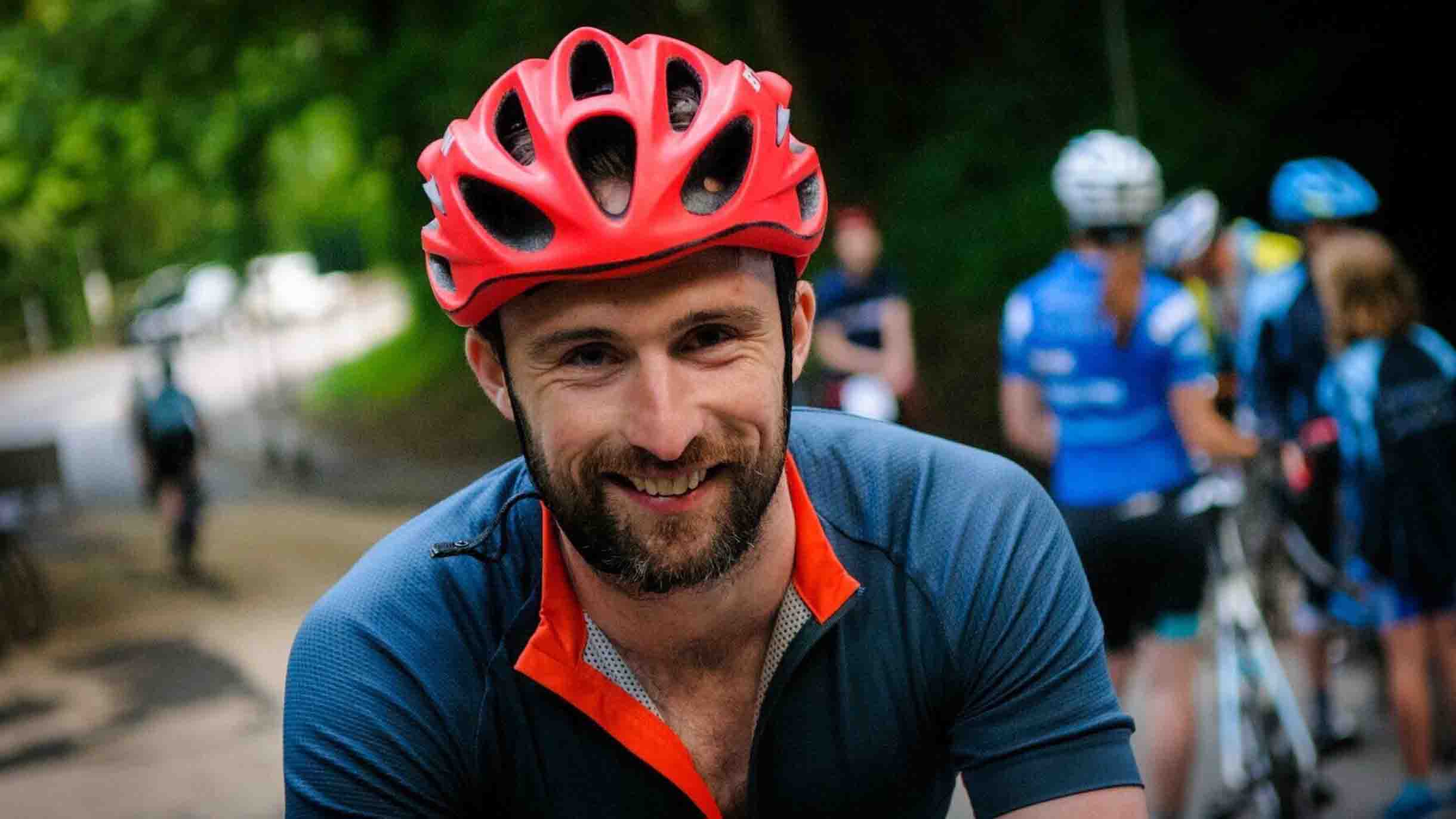
In his downtime, Paul's an avid cyclist...
Product has a different meaning in software than in daily life – how do you help ‘outsiders’ understand what it is that you do?
It’s true, people often think of ‘product’ as something tangible or tactile, but I always say that a product manager helps a technology business to hone in on what it needs to build to solve real-world problems for its customers – to make their lives measurably better – while building a sustainable business.
As a product manager you can be a decision-maker or an enabler. In our case, at Seccl we help the business to understand why we’re building what we build.
Another assumption people make is that product management is the same as project management.
Sure, it involves a hefty dose of what you’d traditionally associate with the latter – co-ordinating people to deliver things – but it’s far more customer focused, I’d say. It’s the product manager’s job to really understand the customers they’re serving, empathise with their pain points, help the business conceptualise products that can help solve them, then get them built.
What advice would you give to someone about to enter the world of work for the first time – especially given the turbulent times we live in?
I can sympathise with today’s school and university leavers. When I left the Marines, the financial crash happened, and I remember that feeling of vulnerability and sheer bad luck.
What I’d suggest is to get into the habit of continuous self-teaching. Time spent learning is never wasted.
In fact, I absolutely hate it when people say ‘I can’t do that because I’ve not been trained.’ That just doesn’t fly anymore. It’s easier now than ever before to upskill yourself.
For example, my proudest achievement, and where I learnt how to self-teach, came after I left the Marines without a qualification. I went to see a maths tutor who could guide me through my A Level, but they were too expensive; I was earning pennies at the time. Literally.
So I printed off the syllabus and taught myself. The tutor said there was no way I’d succeed like that – but I got an A.
If I don’t know how to do something, I’ll figure it out – and I’d encourage anyone else to do the same. Don’t be ashamed to fail, or to ask for help. And don’t be scared just to email people and ask for advice. The worst they’ll say is no, and even now I get a lot of help from total strangers who I reach out to for advice on LinkedIn.
It’s scary right now, and I do really feel for today’s graduates. But through the chaos massive opportunities will emerge, and in ten years’ time those people who are used to chaos will leave the rest of us behind.
As the head of product – how would you summarise what Seccl is ‘for’?
Ultimately, Seccl is trying to make financial advice accessible to everyone. Most people don’t receive advice – hence the much-publicised ‘advice gap’ – but it’s hugely important.
We do this by building software that’s simple, easy to use and makes offering advice more cost-effective.
How would you define ‘success’ – be it for yourself, or the company?
Insane wealth?! No, I’m joking.
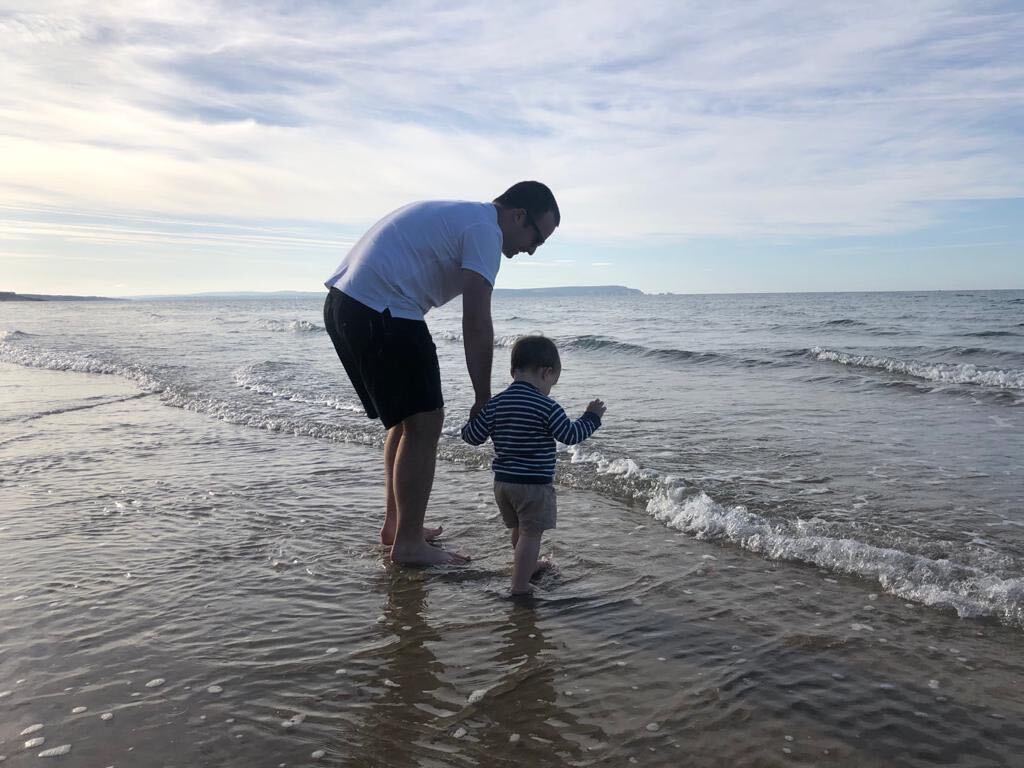
For Seccl as a business, I think success in the long-term looks like changing a market – financial advice – for the better, and for good. I’d like to see more people having access to high quality financial advice as a direct or indirect result of the tools we build.
And for me personally? Redundancy. I realise that sounds a bit odd, but I know that I’ll have succeeded if I’ve built a world-class, autonomous product team that frankly doesn’t need me anymore.
Seccl is a huge advocate of learning. Are you finding time to upskill at the moment?
I’m doing an MBA, but I’ve put that on pause while I get to grips with my role at Seccl. I still read a lot though. For example, our product development process is inspired by Basecamp and they wrote a book called Shape Up that we use a lot.
My learning tends to be topical. For example, I’m recruiting at the moment and I’m aware of my personal biases, so I’ve been reading a lot about unconscious bias and the psychology of how we think.
The books I’m currently reading, and finding very useful, are Red Teaming; and Thinking, Fast and Slow.
I also work on a couple of side projects – I would always recommend having a side hustle to give you a breadth of experience and apply your skills in different contexts.
Finally… who’s Seccl’s top comedian?
It’d have to be Rhymes.
And who, besides yourself, would be the best desert island companion?
Adrian, our head of engineering. We see eye to eye philosophically on a lot of things, and he’s a very clever, inventive chap.
What’s the first thing you’ll do with your team once you’re all back together?
Have a beer. After a productive stand-up, of course… And I’ll try to coax them to join me on a cycle around Bath.
Are you ready to enlist in a career at a fintech trailblazer? Then we want to hear from you. Check out our careers page to see our open roles. And don’t worry if none of them look totally right. Just get in touch with Rebecca at people@seccl.tech – and start the conversation!
